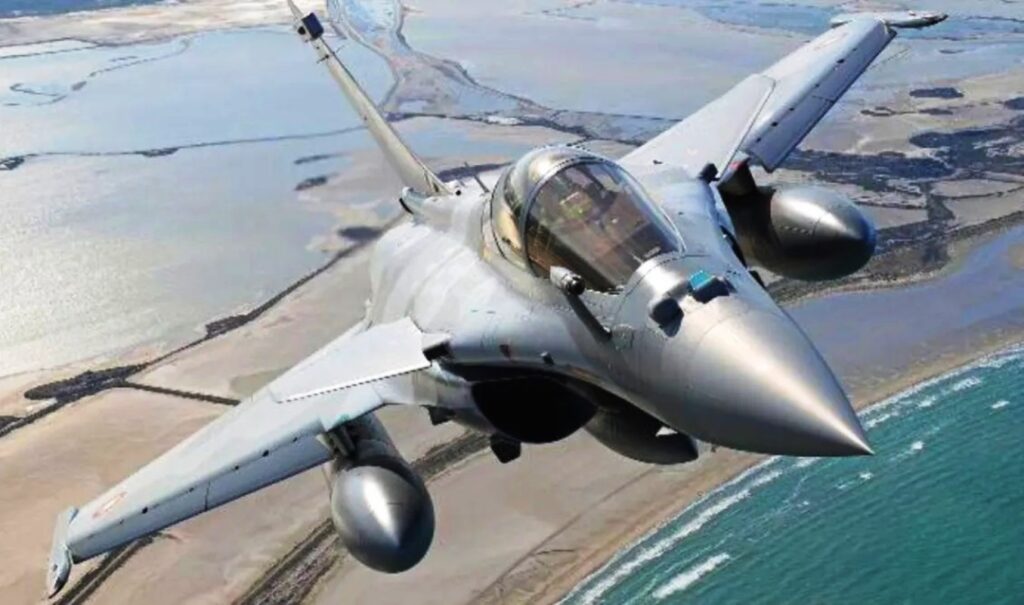The recent strategic escalation by Russia in the eastern wing of NATO is causing intense concern and alarm within NATO, while putting leaders on high alert. The North Atlantic Council announced it will convene early next week to discuss Moscow’s actions. Meanwhile, Estonia has already activated Article 4 of NATO’s charter, requesting a coordinated response from member states.
Russia’s escalating violations put NATO on high alert
The Alliance’s “Eastern Sentry” force is on heightened readiness. The Polish Armed Forces announced that Polish and allied aircraft are operating in the country’s airspace, while ground-based air defense systems and recognition radars are on maximum alert.
NATO: The violations and leaders’ response
This followed a barrage of violations by Russia, with three MiG-31s entering Estonian airspace for 12 minutes, for the fifth time this year. Aircraft from Italy, Finland and Sweden immediately took off for interception. Later, Russian fighter jets entered the security zone of a drilling platform in the Baltic Sea, causing further tension.
Russia, through official statements, denied any violations, claiming that the flights were conducted over neutral Baltic Sea waters. At the same time, US President Trump stated that he “doesn’t like the situation” and warned of potentially serious problems. French President Macron and the British Defense Minister emphasized that the Kremlin’s aggression strengthens the Alliance’s unity and resolve.
The message to Russia
Estonian Prime Minister Kaja Kallas stressed that Russia is testing limits, but the Alliance’s response must be firm. “Weakness will encourage further provocations,” she said characteristically, highlighting the risk of escalation in the region.
NATO and allies remain vigilant, while the activation of Article 4 signals the high level of alert. The coming period will show whether Russia will continue the escalation or be forced to limit its provocations under pressure from the Alliance and international leaders.




